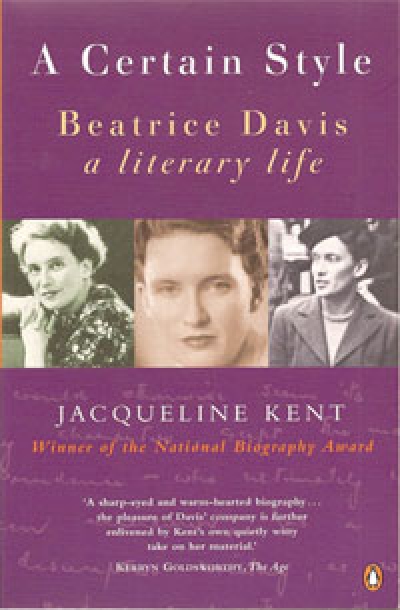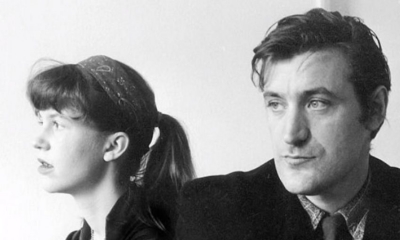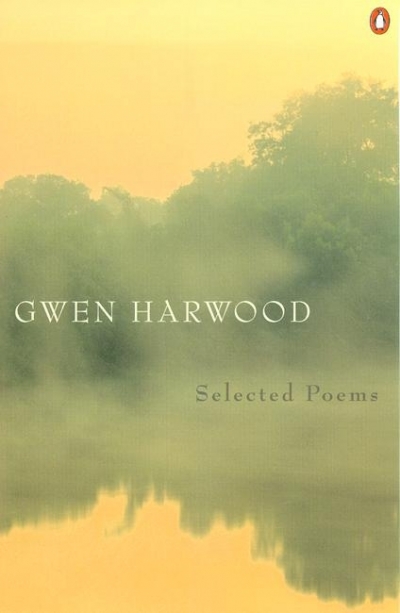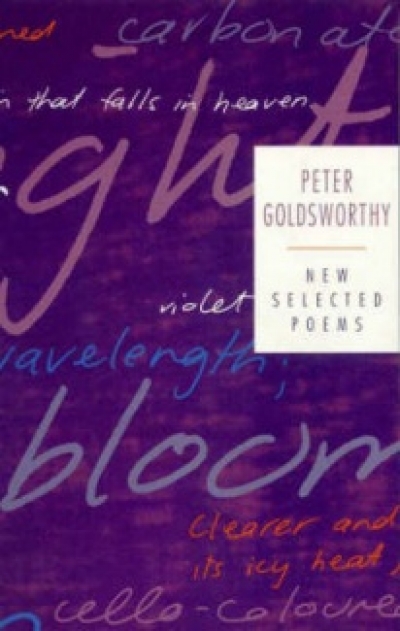Archive
Better off without him
Dear Editor,
James Griffin, in his effort to rehabilitate John Wren (ABR, June 2001), attacks me and other historians. Stuart Macintyre has replied strongly; and Manning Clark, the main target, is unfortunately dead.
My turn now. Griffin refers to a book by me and two co-authors, Doc Evatt (1994), and says that ten letters from Evatt to Wren were ‘made available’ for the writing of this biography. Actually, no such letters were made available to me by anyone, and there was no reference to them in my main source, the Evatt Papers at Flinders University. I had never heard of the existence of the letters until I read an article on the subject by Griffin in Eureka Street (September 1992).
... (read more)A Certain Style: Beatrice Davis: A Literary Life by Jacqueline Kent
Sunday morning at Balgo in the Kimberley, the wind ripping past in a cold gale of dust and smoke. Wirrimanu, the name of this place, means ‘dirty wind’. White plastic shopping bags pulse and inflate, struggling against the twigs and wire that restrain them. My view down the magnificent plunge of the pound is intercepted by the gridded weld-mesh cage enclosing the verandah, and again by the three-metre-high cyclone mesh fence surrounding the compound. An insufficient barrier, as it turns out, to the entry of determined petrol sniffers. They have been in during the night and have opened all the jerry cans in the back of my car. Slippers, the dog who sleeps in the tray, has clearly made them welcome. I am carrying only diesel and water, and the sniffers have taken nothing, leaving a small stone on the lid of the toolbox as a gesture of – what? – irony, defiance, humour?
... (read more)As recently as May, Frank Kermode, writing in the London Review of Books, had the temerity to say, ‘Some writers really are better than others’. This may come as a surprise to the odd professor of English, it seems. You will recall that Raimond Gaita, our La Trobe University Essayist in the previous issue, cited one vigilant professorial leveller who, having purportedly disposed of the illusion that there are great books, was determined to expose the folly of the notion that there are good ones.
... (read more)I should make it clear at the start of these discursive memories that I knew Ted Hughes only slightly and Sylvia Plath hardly at all. But I lived in fairly close proximity to their ascent to fame in the 1950s and 1960s and knew much more closely some of the personalities intimately involved in the crisis in the lives of these two remarkable poets ...
... (read more)‘AT NIGHT,’ wrote Charmian Clift one summer in the late 1950s on the Greek island of Hydra where she lived with her husband and children, where the harbour village had been invaded by summer tourists, where teams of local Greek matrons invaded the kitchen in relays to monitor the foreign woman’s housework and mothering techniques ...
... (read more)Selected Poems: A new edition by Gwen Harwood, edited by Greg Kratzmann
A few weeks ago, I attended the session on ‘What is an Australian Classic?’ during the Sydney Writers’ Festival. My own definition of what makes a classic is a simple one: a book from the past that retains significance, that still entertains and enlightens us, even though we may respond to it in quite different ways from its initial readers. In some cases, of course, classics were not so highly regarded on first publication. Even Gerard Windsor, at the festival, had to concede that Joyce’s Ulysses was a classic; it was of course banned in Australia, and elsewhere, for many years. And one of the eight titles in the first series of A&R Classics, Come in Spinner ($21.95pb, 0 207 19756 3), also received a very mixed reception, as one of its authors, Florence James, remembers in the introduction she wrote in 1988 for the first printing of the unedited version of the novel. In 1951, the Sydney Daily Telegraph called Come in Spinner ‘a muckraking novel fit for the literary dustbin’, even though it had earlier won the newspaper’s own novel competition!
... (read more)Querulous impatience has overtaken discussion of Aboriginal matters in some quarters. ‘If we apologise, they must forgive and then assimilate. Invite them to discussions about how to ameliorate their misery – the disintegration of community, the alcoholism, the glue sniffing. But they mustn’t talk “ideology”. We’ve had enough brooding over the past, heard enough about treaties and self-determination, and more than enough about genocide. It’s time to move on.’ That’s what I hear and in that tone.
... (read more)



